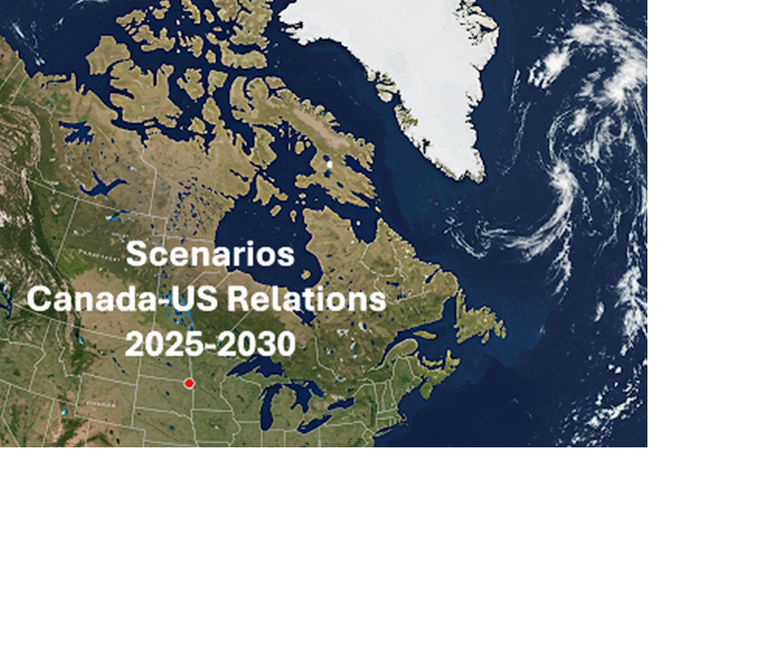
Scan > Foresight > Vision-building > Strategy

Exploring new approaches to foresight and vision-building
-
Insights from cognitive science for more effective foresight
-
Foresight for complex public policy problems
-
Vision-building for transformative change

What is foresight?
Foresight is the systematic study of the future.
It is an interdisciplinary field that uses a variety of concepts and methods to explore how the future could evolve and what challenges and opportunities could emerge.
One of the core objectives of foresight is to help people develop robust mental models and strategically useful mental simulations of the challenges they confront to support policy development, vision-building, strategy, and decision-making.
Foresight tools help people share, explore, and test their mental models about how the world is changing and what it could mean for their organization.

How does Foresight help?
There are five sources of surprise that a foresight study can help identify:
-
Surprises coming from the places we are not looking. (Scanning can help.)
-
The cascading (third-, fourth- and fifth-order) impacts of change as it rolls across the system. (Cascade diagrams provide the scaffolding to explore how change could evolve over time.)
-
Changes interacting with each other at the same time. (Cross-impact analysis is useful.)
-
Lack of awareness of the pathways through which change could flow. (System mapping can help.)
-
Lack of imagination as to how unexpected patterns of change could emerge. (Scenarios embodying different models of change can reveal potential surprises.)

How Foresight Supports Policy Development, Strategy and Decision-Making
-
Clarify and test planning assumptions
-
Surface current assumptions about the expected future
-
Validate credible planning assumptions
-
Identify vulnerable planning assumptions in need of further research
-
Discard obsolete assumptions
-
-
Improve understanding of how the system could evolve
-
Identify emerging challenges and opportunities
-
Strengthens mental models and institutional capacity to anticipate and manage change
-
Support system adaptation, transition and/or transformation
-
Builds resilience through more robust policy, strategies and programs





